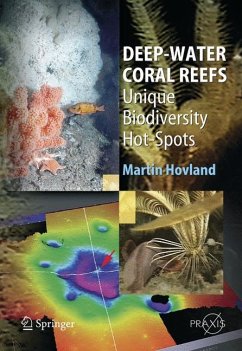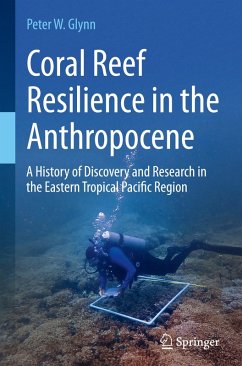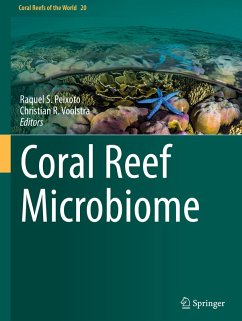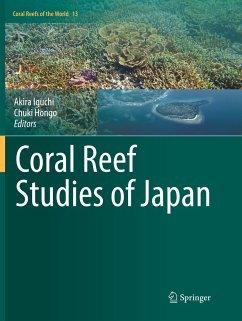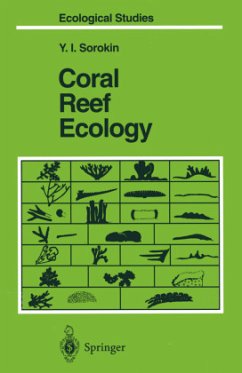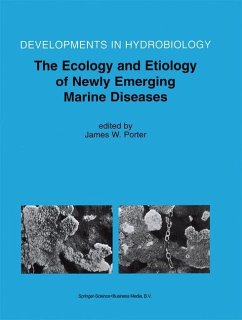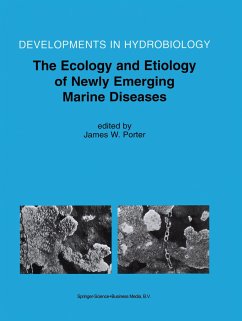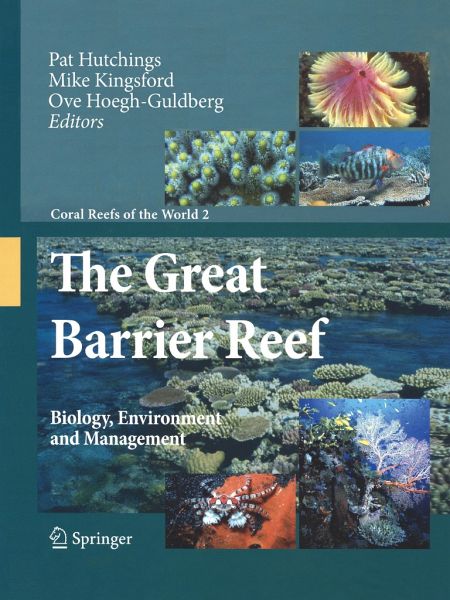
The Great Barrier Reef
Biology, Environment and Management
Herausgegeben: Hutchings, P.; Kingsford, Michael J.; Hoegh-Guldberg, O.
Versandkostenfrei!
Versandfertig in 6-10 Tagen
127,99 €
inkl. MwSt.

PAYBACK Punkte
64 °P sammeln!
The Great Barrier Reef Marine Park is 344 400 square kilometres in size and is home to one of the most diverse ecosystems in the world. This comprehensive guide describes the organisms and ecosystems of the Great Barrier Reef, as well as the biological, chemical and physical processes that influence them. Contemporary pressing issues such as climate change, coral bleaching, coral disease and the challenges of coral reef fisheries are also discussed. In addition, the book includes a field guide that will help people to identify the common animals and plants on the reef, then to delve into the b...
The Great Barrier Reef Marine Park is 344 400 square kilometres in size and is home to one of the most diverse ecosystems in the world. This comprehensive guide describes the organisms and ecosystems of the Great Barrier Reef, as well as the biological, chemical and physical processes that influence them. Contemporary pressing issues such as climate change, coral bleaching, coral disease and the challenges of coral reef fisheries are also discussed. In addition, the book includes a field guide that will help people to identify the common animals and plants on the reef, then to delve into the book to learn more about the roles the biota play.
Beautifully illustrated and with contributions from thirty-three international experts, The Great Barrier Reef is a must-read for the interested reef tourist, student, researcher and manager. While it has an Australian focus, it can equally be used as a baseline text for most Indo-Pacific coral reefs.
Beautifully illustrated and with contributions from thirty-three international experts, The Great Barrier Reef is a must-read for the interested reef tourist, student, researcher and manager. While it has an Australian focus, it can equally be used as a baseline text for most Indo-Pacific coral reefs.



